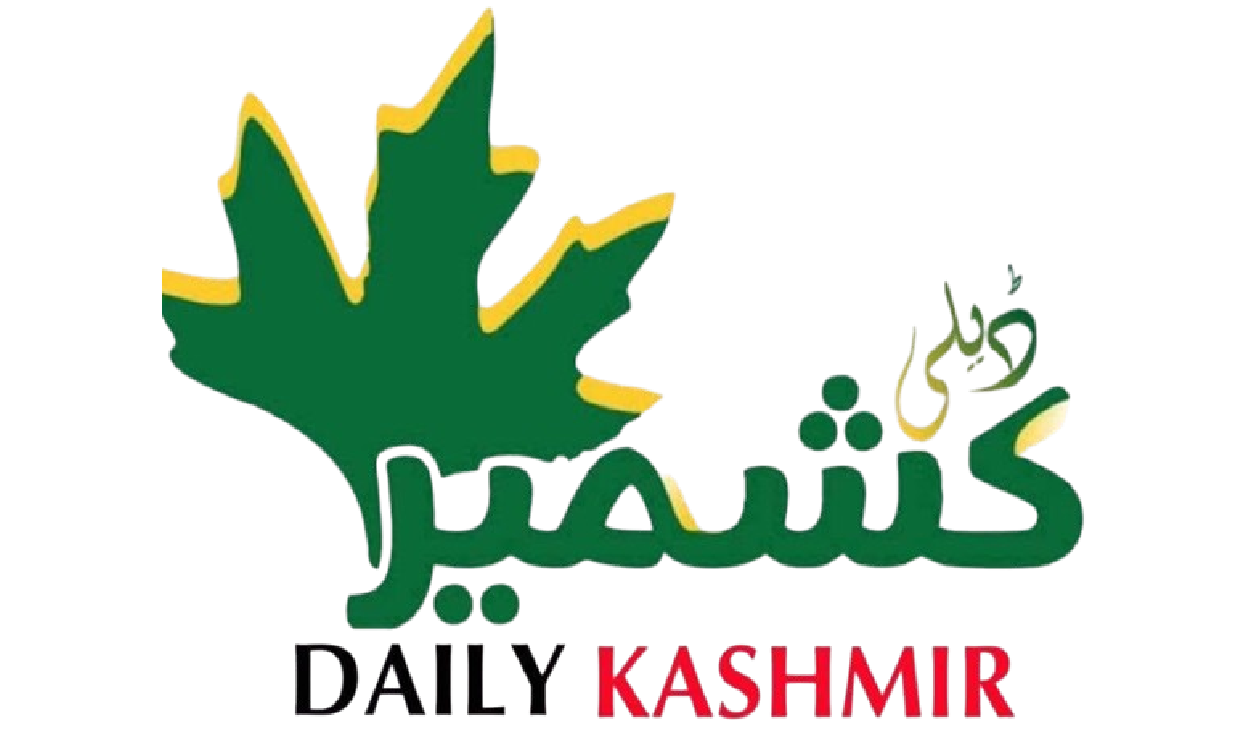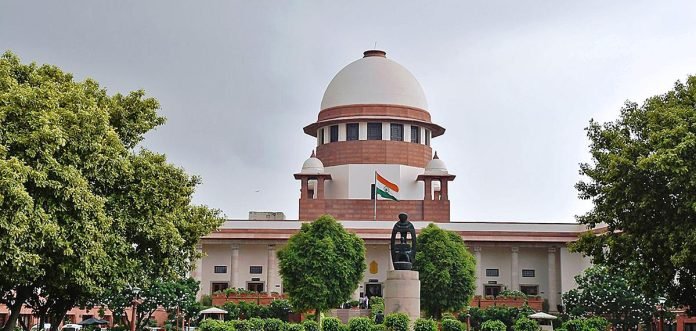New Delhi – The Supreme Court of India has announced plans to constitute a multi-member committee aimed at addressing and resolving the grievances of farmers on a long-term basis. The decision, announced by a bench consisting of Justice Surya Kant, Justice Dipankar Datta, and Justice Ujjal Bhuyan, is intended to tackle the ongoing issues that have led to significant disruptions, including highway blockades.
During today’s hearing, the Court directed the Punjab and Haryana governments to submit a list of tentative issues concerning farmers to the newly formed committee. This move follows a series of protests and blockades that have impacted major transport routes, including the Shambhu border near Ambala, which has been a focal point of contention since February 13.
The Punjab government reported compliance with the Court’s previous order from August 12, stating that they have engaged with the protesting farmers and agreed to partially open the blocked highway. The Supreme Court had previously emphasized that highways should not be used as parking spaces, urging the Punjab government to facilitate the removal of tractors and trollies from the roads.
The Court has instructed both Punjab and Haryana governments to continue their engagement with the protesting farmers and to encourage them to clear their vehicles from the highways to restore normalcy.
The Supreme Court’s decision comes in response to a plea from the Haryana government challenging a high court order that demanded the removal of barricades erected at the Shambhu border. These barricades were set up in February after farmer groups, including the ‘Samyukta Kisan Morcha’ and ‘Kisan Mazdoor Morcha,’ planned to march to Delhi to advocate for their demands, including a legal guarantee for the Minimum Support Price (MSP) for their produce.
The matter will be revisited on September 2, when the Court is expected to review the progress of the committee and further discussions on the farmers’ issues.
Tags: Supreme Court, Farmers’ Grievances, Punjab, Haryana, Highway Blockades, Minimum Support Price, Legal Guarantee, Agricultural Protests


